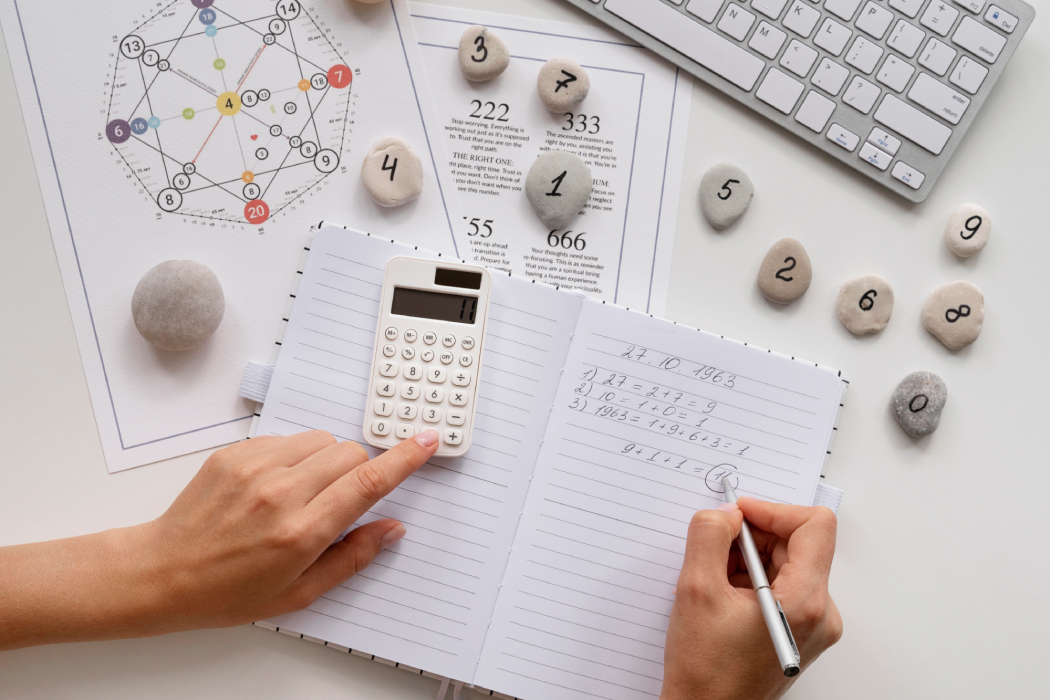According to one of the most popular theories of development, the stage of middle adulthood (between the ages of 40 and 60) is the period of generativity vs stagnation. Where on one hand individuals strive for a sense of productivity and creativity, some find themselves stuck in a loop and fail to find purpose and fulfillment during middle adulthood. Those who are successful in resolving this conflict by embracing generativity and finding purpose, experience personal growth, fulfillment, and a sense of generativity that extends beyond their own lives.
As we grow, it becomes increasingly important to maintain and enhance our cognitive abilities. Engaging in mental math and calculation exercises can not only keep the mind sharp but also help in daily life situations that involve numbers. If your determination to stay to maintain and enhance your cognitive abilities is what brings you here, congratulations, you have already chosen generativity.
Why Should You Challenge Your Cognitive Abilities?
Engaging in mental math activities will not only sharpen your mind but also heighten your sensory capabilities. Some reasons why you should be open to cognition-building exercises are:
- Mental math enables quicker calculations, be it while shopping, calculating discounts, or even cooking. You can never escape numbers, so might as well make them your friends.
- Proficiency in numerical activities will allow you to not depend on anyone and boost your confidence.
- A good grasp of basic maths and regular practice enhances focus, concentration, and overall mental agility, promoting long-term brain health.
If you haven’t already, consider these as signs to start taking this stage of life as a transformative opportunity for personal growth and development.
Exercises To Sharpen Your Skills
If you are motivated to challenge your mind and grow, there’s no time like the present to start. So let’s take the phrase “There is no age for learning” to a whole different level through these exercises.
- Rapid Calculation: Practice basic skills like adding, subtracting, or multiplying.in your mind rather than on paper. Don’t immediately open up the calculator on your phone when you encounter numbers. It might take some time, but this will keep your brain active by increasing your ability to solve problems mentally without relying on external aids.
- Approximation Games: before you go shopping, estimate the amount it will cost, or before you go on a drive, try guessing the time it will take. You could try determining the number of days between two dates or figure out the day of the week for a specific date without consulting a calendar. These simple estimating activities will enhance your numerical approximation skills, and over time, you’ll gain a better sense of quantities, distances, and measurements.
- Word Problems: remember the dreadful math problems in your school days? Well, this is like that, only not tiring. Instead of having to write down every statement, train your mind to break down complex problems into simpler steps and solve them mentally. This exercise enhances analytical thinking and decision-making abilities.
- Memory Games: something that works great for improving both short-term and long-term memory is sequence recall activities. This simply means studying a sequence of numbers for a few seconds and recalling them. You could start with a small sequence and gradually work your way up.
- Multiplication Tables: well, memorizing tables is like the first step in achieving mental aptitude skills. Focus on the tables that you find most challenging and dedicate some time each day to practice them. You could listen to them or watch videos to speed up learning.
- Number Series: if you like challenging your brain with numbers, this is undoubtedly the most entertaining way to do so. You can access these through any website or a mental ability book. Engaging with number patterns will enhance your analytical skills and help you make connections between different numerical concepts.
- Apps: you will find numerous apps online designed specifically to boost your mental math power. These interactive platforms offer a range of exercises and challenges to improve your speed and accuracy. It can be a fun way of making yourself comfortable with numbers if you don’t like maths.
- Games And Puzzles: you must have heard of the popular game Sudoku. Other games like KenKen, MathDoku, Numberlink, and math riddles boost mental math ability by challenging numerical skills, logical reasoning, and problem-solving abilities. If you need a break, these games can be a productive way to utilize your time.
All of these are very easy activities and might even seem too simple to work. However, these have been scientifically found to improve memory, enhance problem-solving skills and delay any decline in cognitive functions aging might bring. Incorporating these exercises for a couple of minutes in your daily routine can do wonders for your brain and simultaneously boost your mental health. Just imagine the amazing feeling of satisfaction when you start noticing how these simple tasks are actually making a big difference in your everyday life. It’s incredible how something as straightforward as mental math exercises can have such a positive impact on multiple aspects of your well-being. You’ll be amazed at how they boost your confidence and make you feel more valuable and capable.
Remember one thing – the goal is not to improve your hold on mathematics as a subject; all these activities aim to make your daily life easier, keep your brain engaged, stimulate your mind, promote mental sharpness, and ensure the cognitive stimulation necessary to grow.
Some ways how you can incorporate these activities into your daily life are:
- Instead of reaching out to calculators, try calculating expenses, budgets, and investments mentally.
- Dedicate a specific time each day to solve mental math puzzles or engage in challenging brain teasers. It could be playing a game of Sudoku before sleeping, learning a multiplying table each day, or simply playing with some number patterns.
- Encourage family and friends to participate in mental math exercises together by organizing game nights or friendly competitions. Their support and appraisal could act as reinforcement for you to keep going.
These activities can work like magic—they do wonders in boosting your self-esteem and making you feel like you can conquer anything that comes your way. So, dive right in and embrace the joy of seeing yourself grow and excel in ways you never thought possible. You’ve got this!




